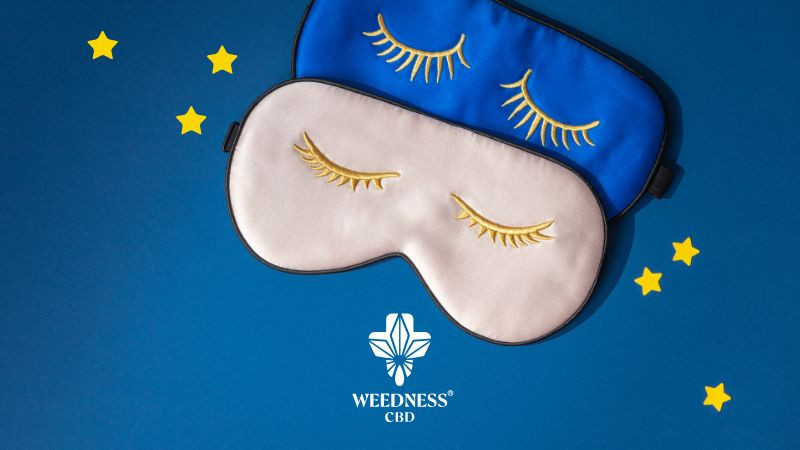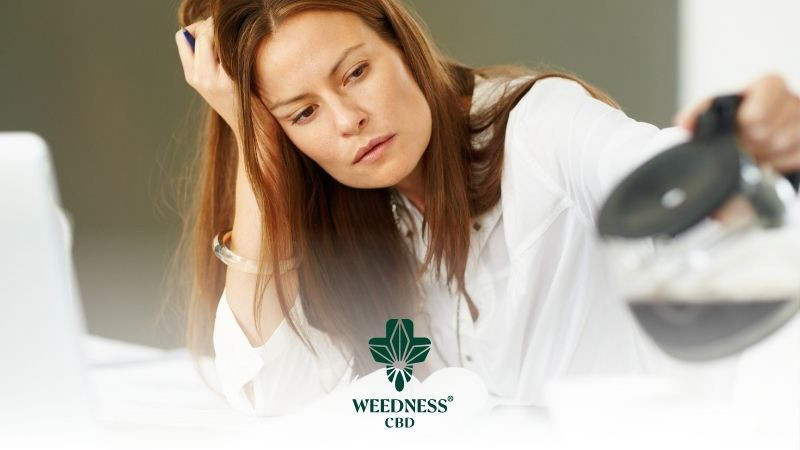What Does CBD Feel Like When it Kicks In
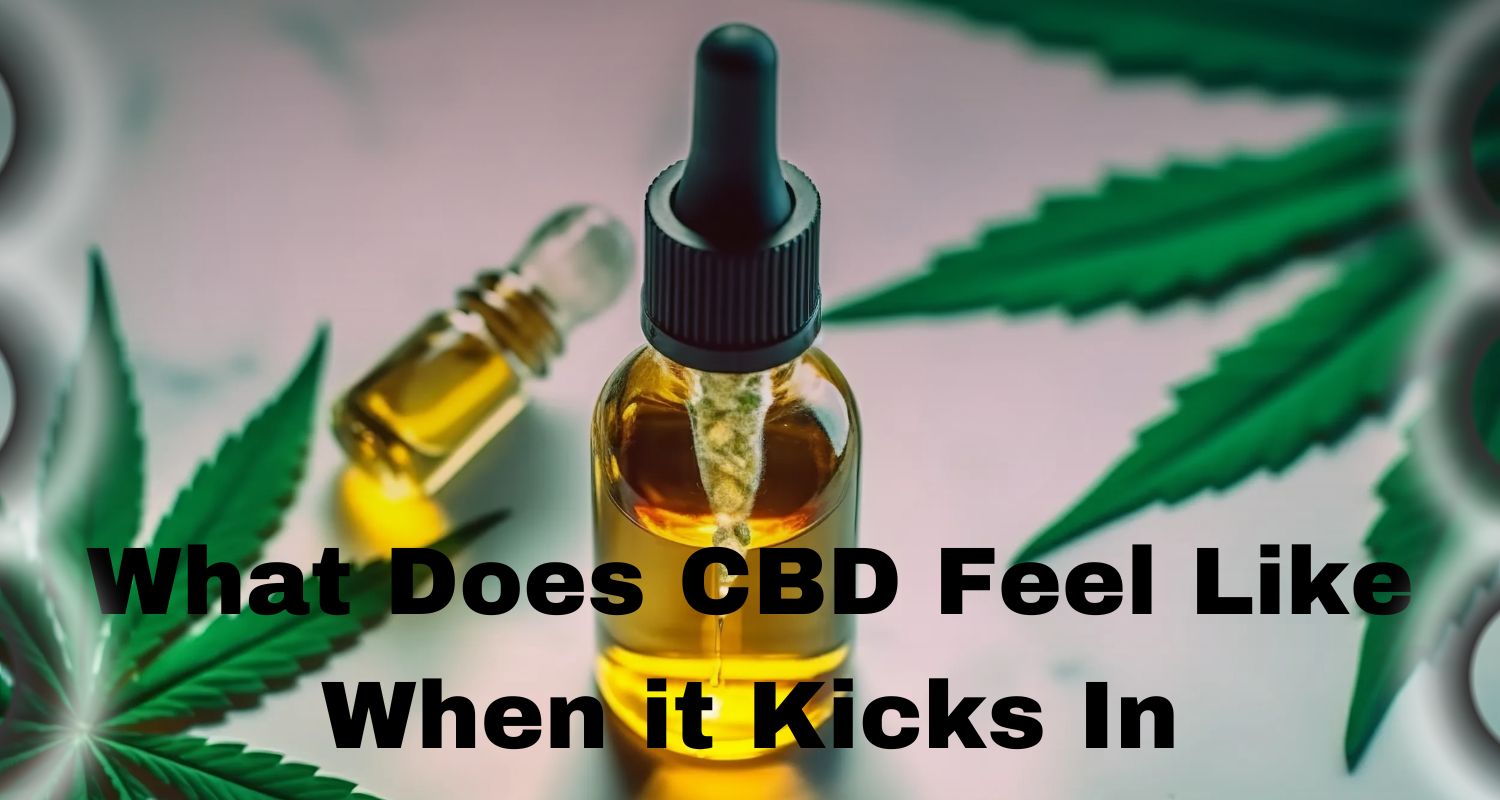
Are you curious about the effects of CBD and how it feels once it kicks in? Understanding its impact can help you decide if it's right for you.
When CBD kicks in, users often report a sense of calm and relaxation without the high associated with THC. It can help reduce anxiety, alleviate pain, and promote better sleep. Some may feel subtle changes, while others experience more noticeable effects. The intensity can vary based on dosage, individual body chemistry, and the method of consumption.
Learn more about how different forms of CBD (oils, edibles, topicals) affect onset time, the science behind its calming effects, and tips for finding the proper dosage for your needs.
The Human Endocannabinoid System
The endocannabinoid system (ECS) is a complex network of receptors and neurotransmitters that helps regulate various body functions, including mood, pain, and immune response. It consists of cannabinoid receptors (CB1 and CB2), endocannabinoids (naturally occurring compounds in the body), and enzymes that break down these compounds. This system plays a crucial role in maintaining homeostasis or balance within the body.
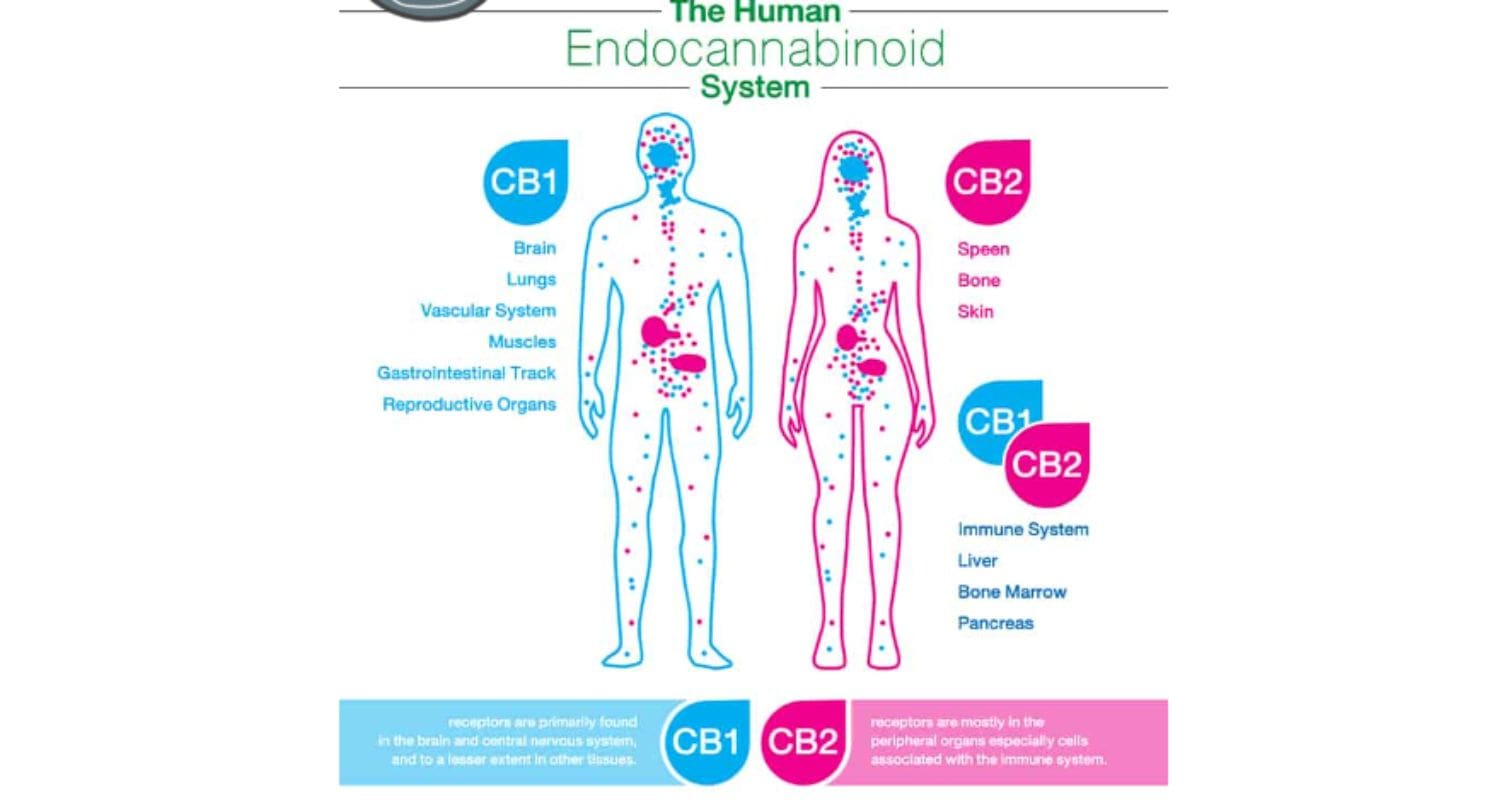
CBD, or cannabidiol, interacts with the ECS by influencing the receptors, although it does not bind directly to them like THC. Instead, CBD modulates the activity of these receptors and can enhance the effects of the body's endocannabinoids. For example, it may help alleviate pain, reduce anxiety, and support overall well-being by encouraging the ECS to work more efficiently.
I've seen many users find relief from chronic pain and anxiety through CBD, making it a promising option for those looking to manage these conditions naturally.
What Does CBD Feel Like? Can You Feel CBD?
When people ask if you can "feel" CBD, it's essential to understand that its effects are often subtle and vary widely from person to person. Unlike THC, which can produce a noticeable high, CBD usually does not create dramatic sensations. Instead, many people feel a general sense of relaxation or calm, although it might be less pronounced.
Some individuals might notice a reduction in anxiety or an improvement in sleep quality, but these effects can be mild and gradual. For instance, I've had clients who mentioned feeling more at ease or experiencing less discomfort, but it took a few weeks of consistent use to notice the benefits.
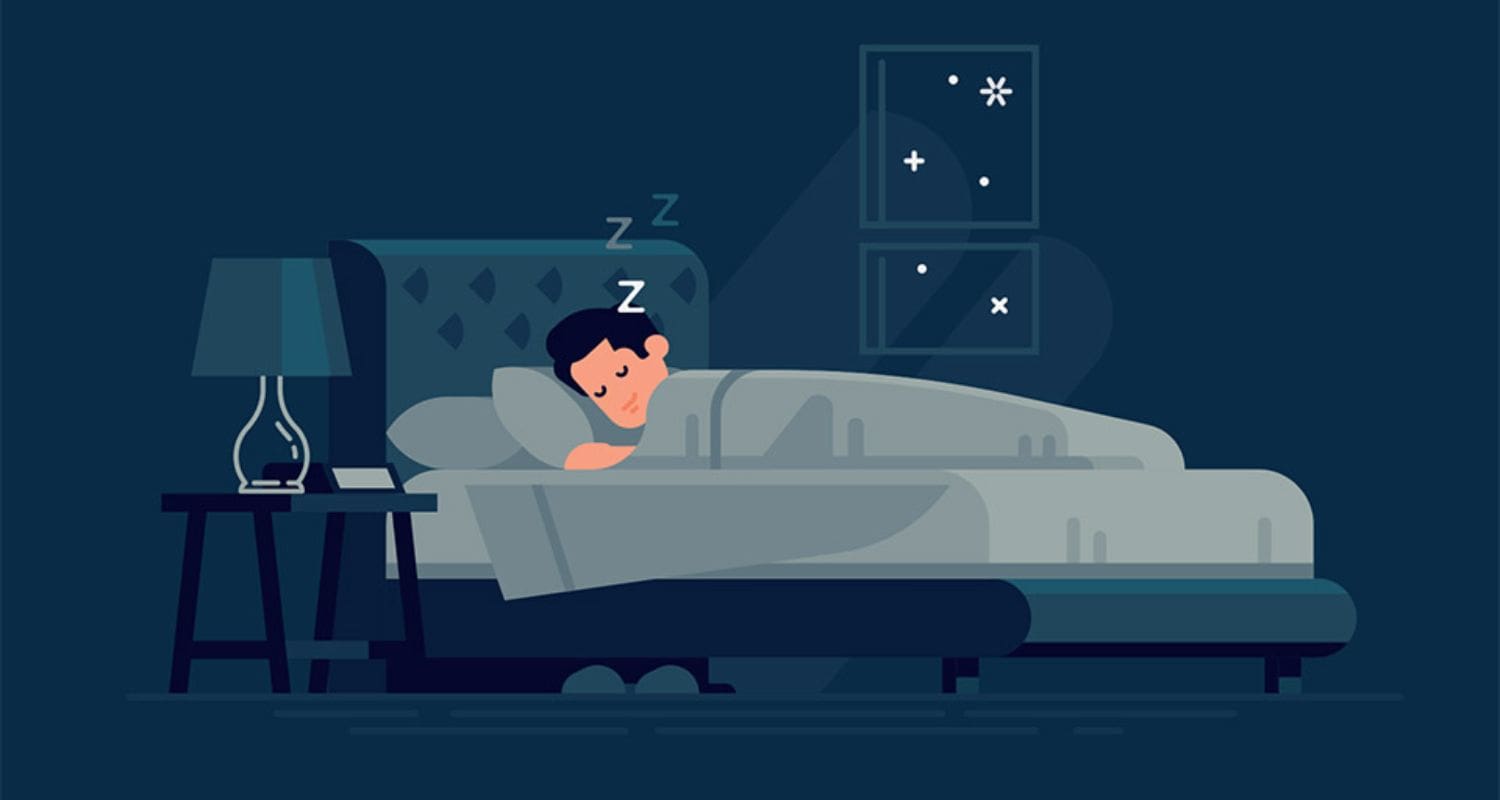
CBD's impact is more about making minor, positive adjustments to your feelings rather than delivering a dramatic change. It's best to start with a lower dose and see how it affects you personally.
How Does CBD Make You Feel If You Take High Doses?
Taking high doses of CBD can sometimes lead to side effects like dizziness, dry mouth, or drowsiness. While CBD is generally well-tolerated, very high doses might cause unwanted reactions such as nausea or changes in appetite.
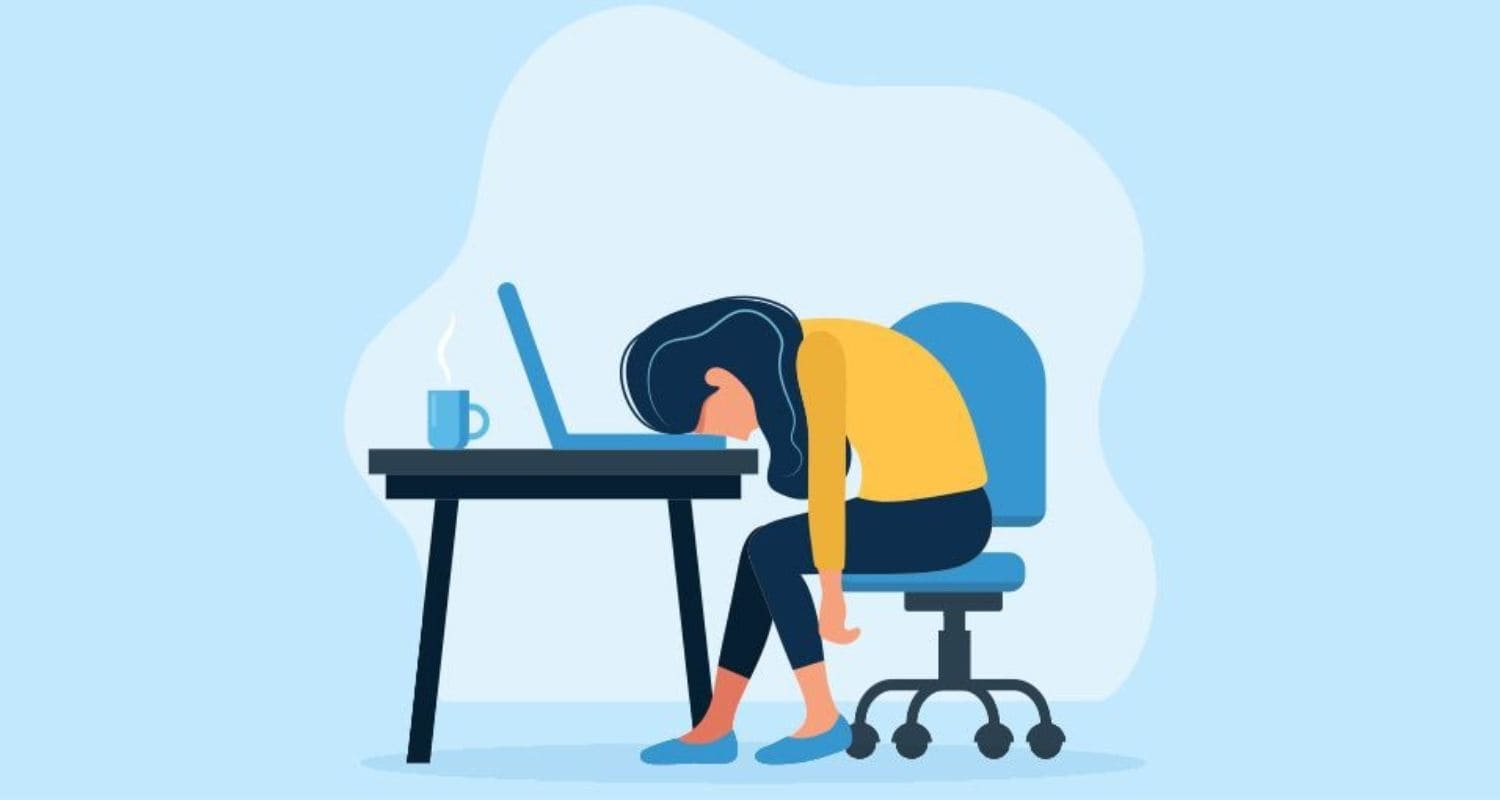
It's crucial to start with a low dose and gradually increase it as needed. For example, when I first started using CBD, I started with a small amount to see how my body reacted. Adjusting progressively the dosage helped me find the right balance without experiencing any adverse side effects.
CBD affects everyone differently, so what works for one person might not work for another. Starting low and going slow helps you find the optimal dose for your needs while minimizing potential side effects.
Does CBD Oil Give You A Buzz or High?
CBD oil does not give you a buzz or a high. Unlike THC, the psychoactive compound in cannabis that causes a high, CBD (cannabidiol) is non-psychoactive. This means it doesn't affect your mental state or alter your feelings.
I've used CBD oil to help with anxiety and sleep, and I've never felt any high. Instead, it's subtle—more about finding a sense of calm and well-being. For example, when I started using CBD for stress relief, I noticed a gentle improvement in my overall mood without any euphoric effects.
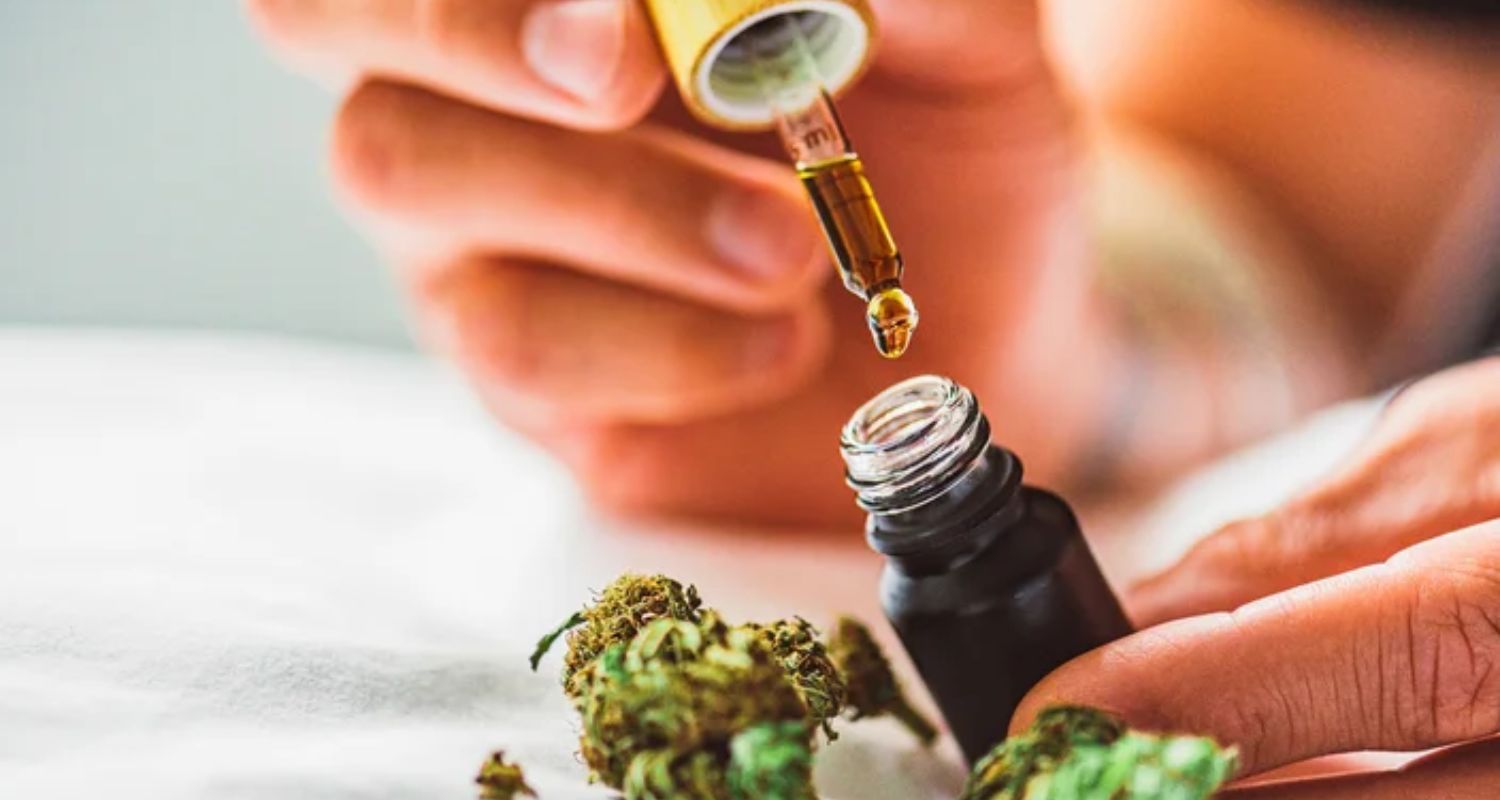
If you're concerned about feeling high, CBD is an excellent option because it offers potential benefits without the psychoactive effects associated with THC.
THC vs. CBD Feeling
THC and CBD are both compounds found in cannabis, but they affect the body quite differently. THC (tetrahydrocannabinol) is psychoactive and creates the "high" associated with marijuana. It can lead to changes in mood, perception, and cognition. For instance, when I've used products high in THC, I've experienced euphoria and altered sensory perceptions.
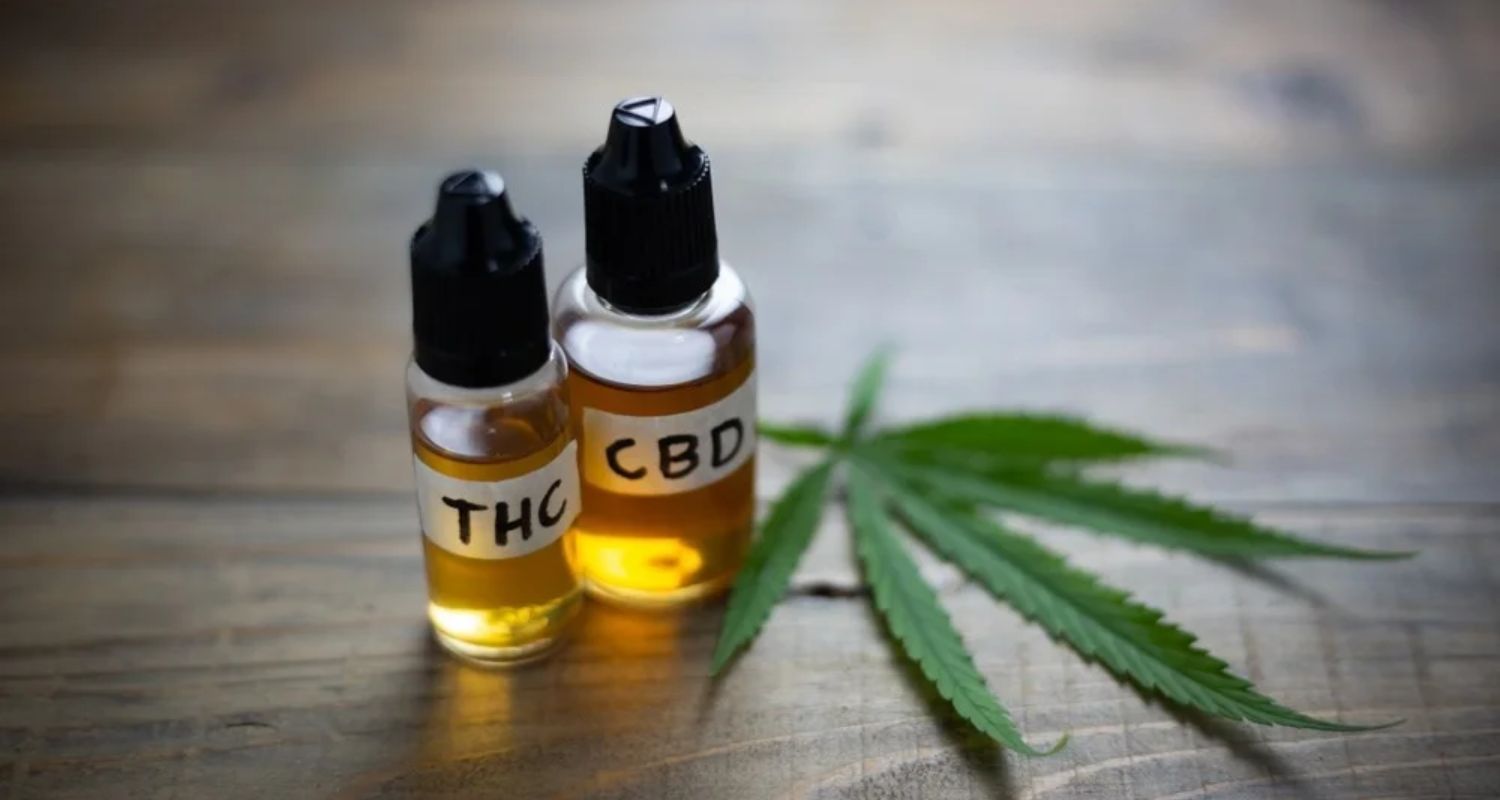
On the other hand, CBD (cannabidiol) is non-psychoactive. It doesn't produce any euphoric effects or alter your mental state. Instead, CBD offers a more subtle impact, like promoting relaxation or helping with sleep without making you feel high. I've found that taking CBD helps me manage anxiety and improve sleep quality, all while keeping me clear-headed.
So, while THC is often sought for its psychoactive effects, CBD is valued for its therapeutic benefits without the "high."
How Long Does it Take to Feel the Effects of CBD?
The time it takes to feel the effects of CBD depends on several factors, including how you consume it and your metabolism. For instance, if you use CBD oil sublingually (under the tongue), you might feel effects within 15 to 30 minutes. This method allows CBD to enter the bloodstream quickly.
In contrast, edibles like CBD gummies can take 1 to 2 hours to kick in since they need to be digested first. CBD capsules also follow a similar timeline due to digestion. Topicals, such as creams or balms, provide relief within 30 to 60 minutes, depending on the area and skin absorption.
I've found that sublingual CBD works best for me when I need quicker relief, while edibles are incredible for longer-lasting effects. Adjusting the method based on how soon you need the impact can make a big difference.
How Much CBD Should You Take to Feel a Difference?
Determining the correct CBD dosage can be tricky because it varies from person to person. Factors like your weight, metabolism, and the condition you're addressing all play a role. Generally, starting with a low dose, such as 5-10 mg per day, is recommended. You can gradually increase it by 5 mg daily until you find what works best.

A typical starting dose for CBD oil is about 10-20 mg, taken once or twice daily. CBD gummies or capsules often come in 25-30 mg doses, so you might start with one and see how you feel. Topicals can be applied as needed, but a small amount is usually sufficient.
I've found that starting with a low dose and adjusting slowly helps find the optimal amount for your needs. This approach minimizes side effects and ensures you benefit the most from CBD.
Can CBD Make You Feel Bad?
CBD is generally well-tolerated, but like any supplement, it can cause side effects in some people. Common ones include dry mouth, fatigue, and occasional digestive issues. These side effects are usually mild and temporary. For instance, you might notice a dry feeling in your mouth or slightly more tired than usual.
If you experience these symptoms, it's typically a sign that your body is adjusting. Reducing or spreading your dose throughout the day can minimize discomfort.
I've found that starting with a lower dose and increasing gradually helps avoid most side effects. In most cases, people find these effects manageable and not severe. Always consult a healthcare provider if you're unsure or if side effects persist.
CBD and Other Substances
CBD can interact with various substances, including alcohol and medications. For instance, combining CBD with alcohol might enhance drowsiness or impact coordination. It's also crucial to be cautious with medications, as CBD can alter how some drugs are metabolized in the liver, potentially affecting their efficacy or increasing side effects.
I always recommend consulting a healthcare professional before combining CBD with other substances, especially if you're on medication or have health concerns. This ensures that you avoid any unwanted interactions and use CBD safely and effectively. For example, some antidepressants or blood thinners might interact with CBD, so getting personalized advice is essential.
FAQs
How does CBD make you feel?
CBD can induce a sense of relaxation and calm without causing intoxication. Users often report reduced anxiety, improved mood, and better sleep. The effects vary by individual, and some may experience mild discomfort or changes in appetite. It's important to note that CBD does not produce a "high" like THC.
Do you feel the effects of CBD instantly?
CBD effects are not typically felt instantly. Depending on the method of consumption and individual metabolism, noticeable changes may take several hours to days. For example, CBD oils or tinctures may show effects within 30 minutes to 2 hours, while edibles may take longer due to digestion.
Will I feel CBD the first time I take it?
You might not feel the effects of CBD immediately or significantly the first time you take it. Individual responses vary, and it often requires consistent use over time to notice benefits such as reduced anxiety or improved sleep. Starting with a low dose and gradually increasing it may help you gauge its effects.
Conclusion
When CBD kicks in, users often experience a sense of calm, relaxation, and relief from pain or anxiety. The effects can vary, but many report feeling more balanced and at ease. For high-quality CBD products that can help with your medicinal and health-related needs, trust WeednessCBD. Experience the benefits of CBD with our carefully crafted products.

